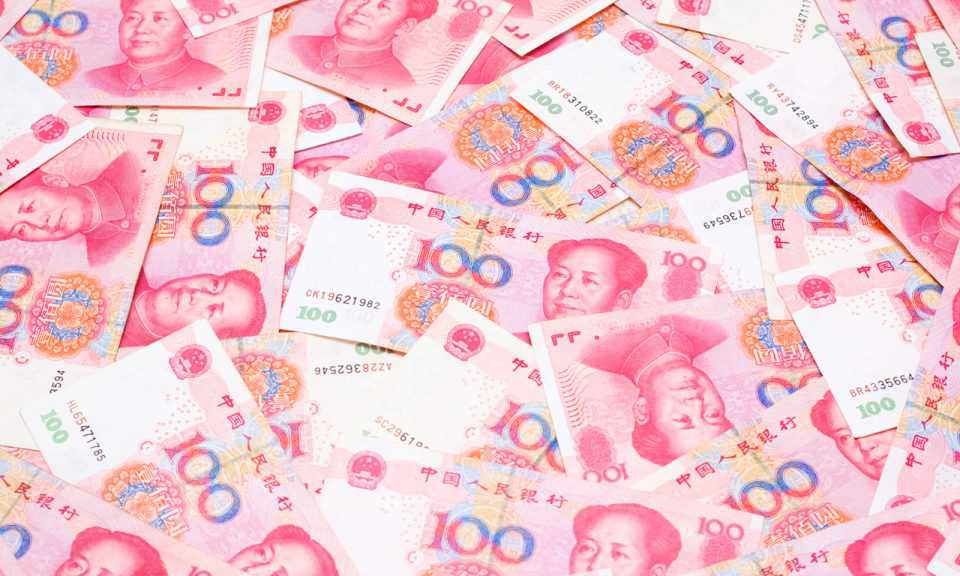China’s central bank rules out ‘flood-like’ wave of stimulus
26 December, 2018

These are tough times for China’s slowing economy. Battered by sluggish growth and uncertainty surrounding trade talks with the United States next month, Beijing has promised to roll out a raft of measures to ease mounting global concerns and jittery markets.
A further crackdown on technology theft will be launched to boost overseas investment while extensive tax cuts and support for the struggling private sector have been proposed by the Politburo and the State Council, the country’s de facto cabinet.
At the same time, a new round of reducing tariffs on imported goods and products is planned from January 1.
Included in the list will be soybeans, which will boost American farmers, and animal feed, as well as components for pharmaceutical manufacturing and high-tech products, such as robotic arms used in the auto industry.
“The active promotion of a new round of reforms and opening-up, as well as the Belt and Road Initiative will further stimulate internal and external demand next year,” Lou Feng, the co-author of a report by the Chinese Academy of Social Sciences, a think tank under the State Council, said.
“China’s low unemployment rate and consumer inflation level will also play a key role in guaranteeing social stabilization and residential income growth,” Lou added.
Still, Beijing is unlikely to resort to a “flood-like” wave of monetary stimulus in 2019, despite moves to boost major infrastructure spending.
Major priority
Keeping the yuan stable will be another major priority, according to Sheng Songcheng, an adviser to the People’s Bank of China.
“Monetary policy will remain prudent and won’t be a ‘flood’,” Sheng told the influential state-owned 21st Century Business Herald. “Otherwise, funds will likely flow into the property sector again.
“The key threshold of seven [yuan to the] dollar is very important. If the yuan weakens past that crucial point, the cost of stabilizing the exchange rate will be greater,” Sheng added.
The PBOC, or central bank, has very little wriggle room as the three-year battle to curb local government and corporate debt continues. Finding the right balance will be difficult with policymakers admitting that the world’s second-largest economy is in the throes of a “downturn.”
Last week, the powerful Central Economic Work Conference signaled that the trade war with Washington was having a negative effect, with manufacturing activity declining and consumer spending shrinking.
New car sales have also stalled while tighter credit restrictions have squeezed an already cooling property marke“While fully acknowledging the achievements, we must see that there are new and worrisome developments,” the official statement said. “The external environment is complicated and severe, and the economy faces downward pressure.”
Markets have also suffered a pre-Christmas hangover which has carried into the festive period after the Dow Jones fell by 2.9% and the tech-heavy Nasdaq dropped 2.2%. US stocks are now on track for their worst December since 1931 during the Great Depression.
On Tuesday, the mounting gloom descended on Tokyo and Shanghai, the only two major markets open.
At the close, the Shanghai Composite Index recovered to finish less than 1% down. Even so, it has shed 25% this year.
In Japan, the Nikkei plunged 5% to finish the day at 19,155.74, putting it into bear market territory. It is more than 20% down since an October high.
‘Panic selling’
“Negative sentiment has replaced logic, as is often the case during a sell-off. A third of the selling is induced by panic, another third by loss-cutting and the remaining third by speculators trying to make a profit from the market rout,” Takashi Hiroki, the chief strategist at Monex Securities in Tokyo, told CNBC. “The sell-off is triggered almost entirely by developments in the US markets, rather than negative factors unique to the [home] market.”
While this latest slump is more to do with US domestic politics, the trade conflict and China’s slowdown lurk just below the surface.
A survey last week released by one of the world’s “Big Four” accountants, Deloitte, showed that chief financial officers employed by Chinese companies were worried about the state of the economy.
More than half of the 108 senior executives polled from a mix of multinational, state-owned and private sector firms in mainland China, Hong Kong and Macau reported their businesses had been hit this year.
When asked to describe the “changes in sentiment” during the past six months, 82% of those surveyed felt the economic outlook had become less optimistic.
“There has been a sharp shift in sentiment,” William Chou, the national managing partner of the Deloitte China CFO Program, said in a statement announcing the results.
TAG(s):
